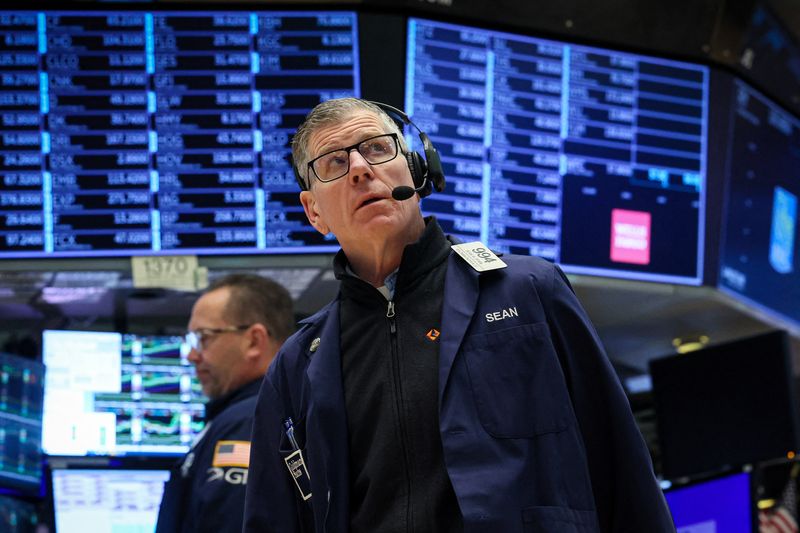Investing.com -- As per analysts at BCA Research, investors can find solace in the stability of corporate tax rates despite the possibility of a Democratic victory in the upcoming U.S. presidential election.
BCA flags that changes to corporate taxes are unlikely given the anticipated political environment. With a likely split Congress, any major fiscal policy shifts will face strong obstacles, providing comfort to investors worried about the impact of potential tax hikes on their portfolios.
The 2024 U.S. election is shaping up to be a tightly contested race. As per BCA Research’s projections, the Democrats have a slight advantage in retaining the presidency. At the same time, the Republicans are expected to win a majority in the Senate.
This split in Congress is crucial as it suggests that substantial legislative changes, including significant increases in corporate taxes, are unlikely. The expected gridlock will likely prevent any major tax reform from moving forward.
“While we expect equity volatility around the election, investors do not need to worry about corporate tax hikes,” said analysts at BCA Research.
This is primarily due to the projected Republican control of the Senate, which would serve as a check against Democratic attempts to implement higher corporate taxes. Without Senate approval, passing significant tax legislation would be a formidable challenge for Democrats.
Additionally, the likelihood of significant fiscal policy changes is reduced by the prospect of legislative gridlock. Even if a Democratic president is elected, a divided Congress is anticipated to block any bold tax reform proposals.
This gridlock acts as a safeguard against major fiscal shifts, including substantial alterations to corporate tax rates.
From an economic perspective, BCA Research points out that the current slowdown in the economy does not support significant fiscal changes. Implementing higher taxes could worsen the existing economic challenges, making such measures less likely to gain political traction.
“Investors should reduce risk and overweight defensive and low-beta assets ahead of the election,” the analysts said.
Although the chance of substantial corporate tax hikes is low, equity markets might still see short-term fluctuations due to election uncertainty. Nevertheless, the likelihood of a major market downturn driven by tax policy changes remains minimal.
